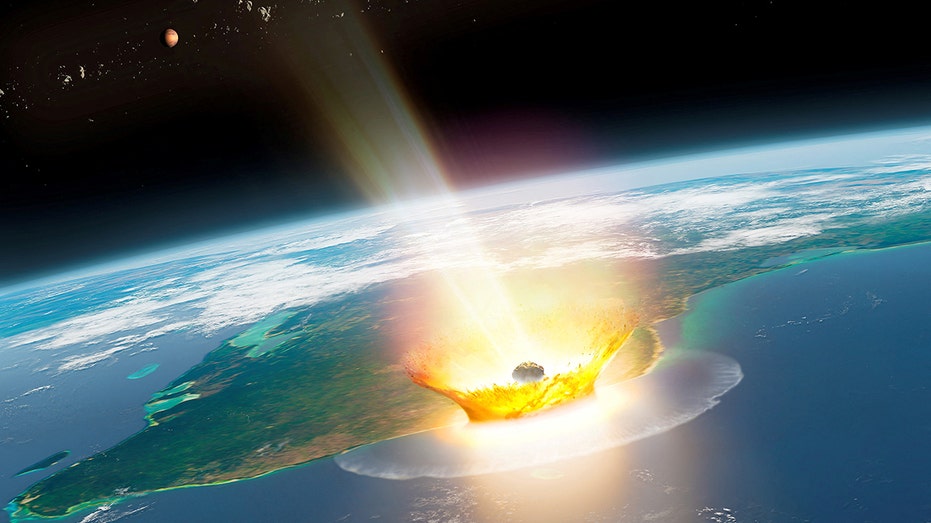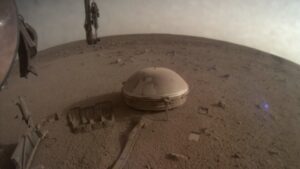
Dinosaur-Extinguishing Asteroid May Have Originated Beyond Jupiter, New Study Reveals
In a groundbreaking study, scientists have unveiled compelling evidence regarding the origins of the asteroid responsible for the mass extinction of dinosaurs 66 million years ago. The findings suggest that the catastrophic asteroid likely formed in the far reaches of our Solar System, specifically beyond the orbit of Jupiter.
Research Insights from the Chicxulub Impact Site
The research, published in the journal Science, was conducted by a team led by Mario Fischer-Gödde from the University of Cologne in Germany. The scientists focused their investigation on the geological remnants of the Chicxulub impact site located in modern-day Mexico. By analyzing the impact deposits, they aimed to determine the composition and origin of the asteroid that caused such dramatic changes on Earth.
Using advanced techniques, the team meticulously measured ruthenium isotopes found in the impact debris. They then compared these isotopes with various classes of meteorites, which represent potential compositional sources for the impactor. Their analysis revealed that the Chicxulub asteroid was a carbonaceous type, indicating it formed in the outer regions of the Solar System, far from the inner planets.
Significance of the Findings
This research adds a crucial piece to the puzzle of our planet’s history. According to the study, the impact at Chicxulub produced a global stratigraphic layer that delineates the boundary between the Cretaceous and Paleogene eras. This layer is characterized by elevated concentrations of platinum-group elements, including ruthenium, which serve as key indicators of the asteroid’s extraterrestrial origin.
Fischer-Gödde noted, “Chicxulub appears to be a unique case of a carbonaceous asteroid colliding with Earth.” Previous studies have hinted at similar conclusions regarding the asteroid’s origins, but this research offers new insights into its formation and composition.
Reflections on Earth’s Evolution
The implications of this research extend beyond academic curiosity. Fischer-Gödde pondered the profound question: “Without this impact, what would our Earth look like today?” He emphasized the importance of recognizing the fortunate series of events that have shaped our planet’s current state, suggesting that our existence may indeed be a lucky coincidence.
As scientists continue to unravel the mysteries of our Solar System, this study highlights how even ancient events can significantly influence the present and future of life on Earth.

